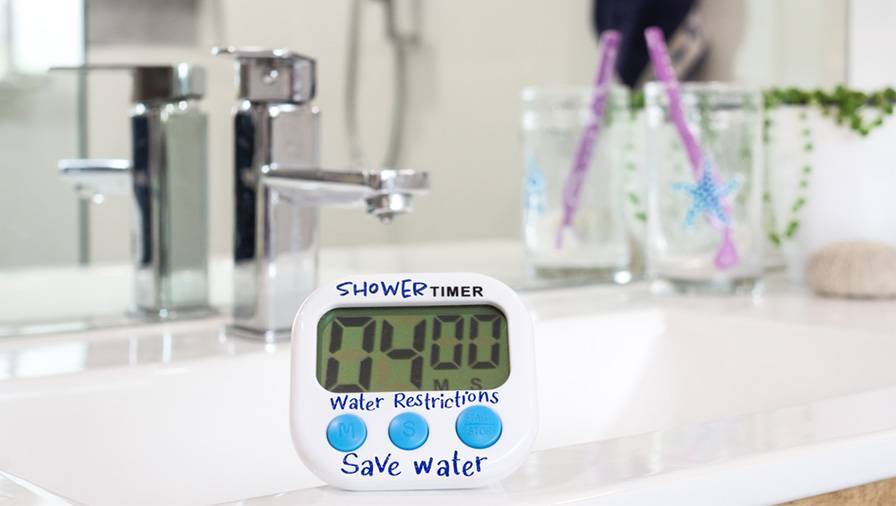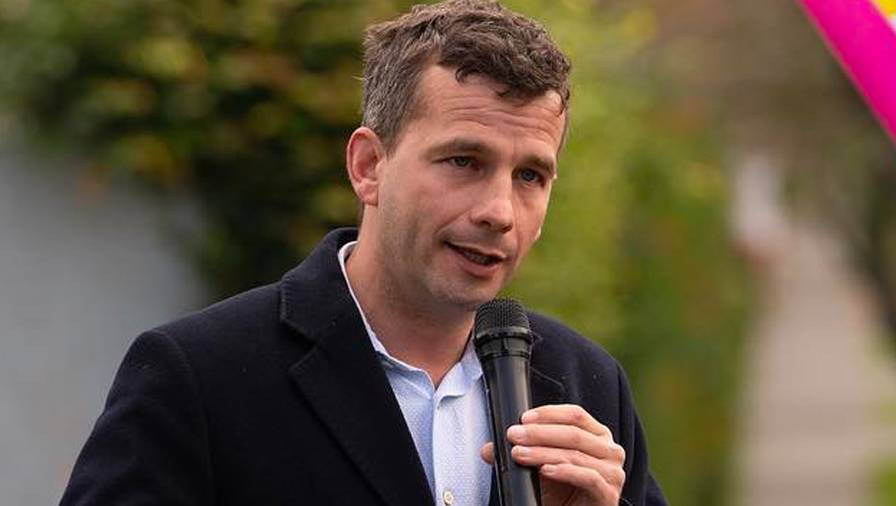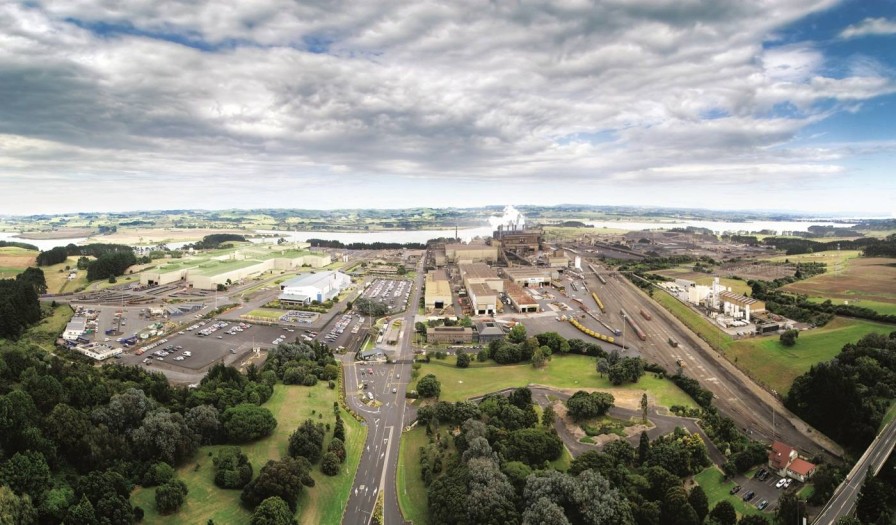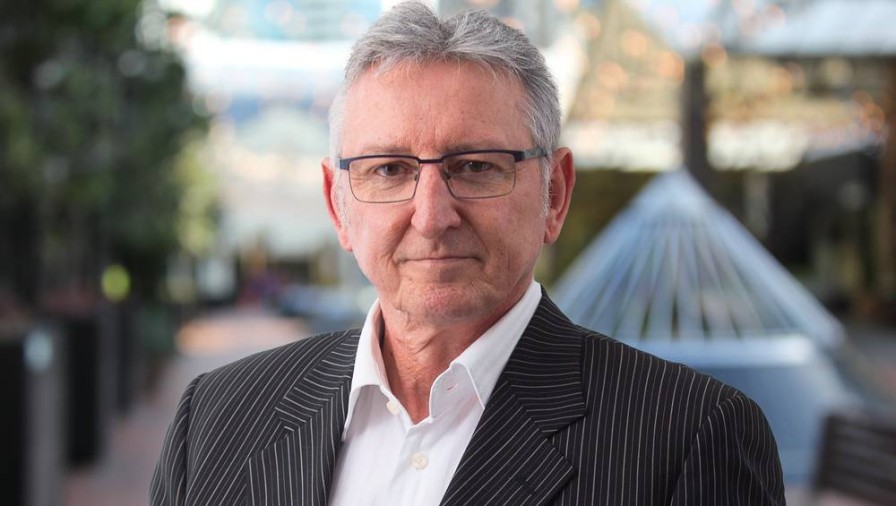The Budget, interest rates, cold showers, business subsidies
Opposition parties outraged over electricity tips as interest rates rise.
NBR columnist Grant Walker speaks with Brent Edwards.
Opposition parties outraged over electricity tips as interest rates rise.
NBR columnist Grant Walker speaks with Brent Edwards.
Just days after the Budget was delivered, and the same day the Reserve Bank put up interest rates, a new campaign was launched to encourage people to make smarter use of electricity to save money.
It has been slammed by both the National and Act parties as being out of touch, particularly the suggestions around people taking shorter showers to save electricity and money.
While it is being funded by government money, the campaign – 'Find money in weird places' – is being run jointly by Consumer New Zealand, Warmer Kiwi Homes and the Electricity Authority. It comes after the Government committed more money in the Budget to insulating and retrofitting the heating of homes.
“We know the cost of living is hitting many people hard,” said Consumer NZ chief executive Jon Duffy.
Duffy said one place they could save money was on their household energy costs.
In this week’s release from Consumer NZ estimated households could save $470 a year following its tips, plus $5 per person per week is they shortened their showers to just five minutes. Using Powerswitch to compare electricity suppliers and plans could save another $300 to $400 a year when households changed their plan.
But none of that has impressed the Act Party, with its leader David Seymour saying the Government was launching a nationwide campaign to lecture people to have shorter showers.
“Labour’s out-of-control spending created the cost-of-living crisis in late 2021 and now it has the gall, 18 months later, to tell people to turn their appliances off. Do they think New Zealanders are stupid?” Seymour said.

Act Party leader David Seymour.
National Party leader Christopher Luxon was equally outraged.
“On the same day interest rates get hiked to fight Grant Robertson’s out-of-control spending, the Government’s advice to beat the cost-of-living crisis is shorter showers and putting the washing machine on cold. This is outrageous,” Luxon said.
But this is nothing new. National ran a television campaign from 2009 to 2012 aimed at increasing energy efficiency in homes and workplaces and which it estimated could save households 10% on their annual power bills, or about $200.
“As well as saving money, using our energy more wisely improves the health and comfort of our homes, makes for more competitive businesses, protects our environment, and reduces our carbon emissions,” then Energy minister Gerry Brownlee said at the time.
In total, that campaign cost $9.54m over three years, while this year’s campaign is costing the Government $2.8m.
NBR presenter Grant Walker also thinks the campaign reeks of desperation and, politically, the timing is not great. It gives Opposition parties plenty of fodder, even though National has done something similar.
It comes as the Reserve Bank raises the official cash rate another 25 basis points to 5.5%, but that did fall short of expectations that the OCR would go as high as 5.75%. And the bank gave its strongest signal yet that it believes monetary tightening is at an end and that interest rates have peaked. It seems confident inflation is now coming back under control.
That didn’t stop Opposition parties from blaming Finance Minister Grant Robertson’s Budget, which included more spending in the coming financial year, for the rise in interest rates. The Reserve Bank, while noting the inflationary fiscal impulse over the next year, seemed more interested in the forecast fall in government spending as a proportion of GDP in the following years, so largely discounted its impact on inflation.

The Reserve Bank raised the official cash rate to 5.5%.
Indeed, at Parliament’s Finance and Expenditure Select Committee, Reserve Bank Governor Adrian Orr described the Government as “more of a friend than foe” in the bank’s attempts to bring inflation under control.
That would have given Robertson pause to breathe a sigh of relief. Had the bank raised rates more aggressively and been direct in blaming government spending for that, it would have given the Government’s opposition more ammunition.
But Labour – and more importantly households with mortgages – face the prospect that life will be tough for many over the winter in the months leading up to the October election. Few voters might give the Government any credit for having avoided a larger OCR increase and rather simply blame it for the increasing costs of servicing their mortgages.
The initiatives in the Budget to help with cost-of-living pressures are not significant enough to offset the rising interest costs for those with big mortgages.
Both National and Act argue tax cuts are needed to boost people’s take-home incomes so they can cope with rising costs.
While there were no tax cuts in the Budget, Labour continues to signal it will have a policy of tax cuts to take to the election campaign, with its leader and Prime Minister Chris Hipkins hinting again this week it would look at tax income thresholds.
If Labour does make a move on lifting thresholds, it will be stealing National’s policy. How will Labour pay for it given this week analysis by the Council of Trade Unions found National’s policy would cost $1.5 billion more over four years than the party had calculated? Robertson was quick to jump on the report, referring to National’s $1.5b “blowout”. But if Labour is also to campaign on a policy of tax cuts it will have to find the money to pay for them.

Will Labour offer tax cuts as part of its election policies?
And it has repeatedly said National policy is unaffordable.
“New Zealanders deserve to know what services National plans to cut in order to fund their increasingly expensive tax cuts,” Robertson said.
That just might come back to bite Labour if, as it has signalled, it also comes out with a tax cut package. Its policy for the election campaign, though, is also likely to include some form of capital gains or wealth tax – something the Greens have been urging for years – so that the cost of raising income tax thresholds might be paid for by taxing the wealthy more.
Meanwhile, Walker wonders why, just days after the Budget, the Government could suddenly find new money to help subsidise New Zealand Steel to install a new $300m electric arc furnace at its Glenbrook mill south of Auckland. Under the deal, the Government will contribute up to $140m.
But it is not new money. It comes for the already established Government Investment in Decarbonising Industry Fund, which itself is funded from the revenue earned by the Emissions trading scheme, not from general taxation.

NZ Steel is getting a $140m subsidy to reduce emissions at its Glenbrook plant.
Under the deal, NZ Steel should nearly halve its carbon emissions, in what is the single biggest initiative to cut emissions in New Zealand.
Walker remains unsettled though by the fact his electricity supplier Contact – and he says recent reports suggest electricity prices will double in the next five years for households – is giving NZ Steel a sweetheart deal on its power.
It is not clear what the price is but Contact has agreed to provide renewable generated electricity to NZ Steel in a “flexible off-peak arrangement”, under which NZ Steel would scale down production in times of peak demand or supply shortages. Seemingly it is getting a good deal because of that flexibility but also because it is a large consumer.
But Walker is unhappy. “I pay more but the big corporate not only gets a subsidy but has a cheap rate for years at my expense,” he says.
Unfortunately, the only advice for Walker is to take shorter showers if he wants to save money.

NBR presenter Grant Walker is not looking forward to shorter showers.
Finally, this weekend, Labour holds its annual congress in Wellington, where delegates will be brought up to date with the party’s election campaign strategy and sent home to their electorates to work hard over the next four and a half months to win the party a third term in power.
But just whether Labour gets that third term will likely depend more on how economic circumstances affect voters over that time, rather than on how many leaflets party volunteers deliver between now and the October 14 election.
Brent Edwards is NBR’s political editor.